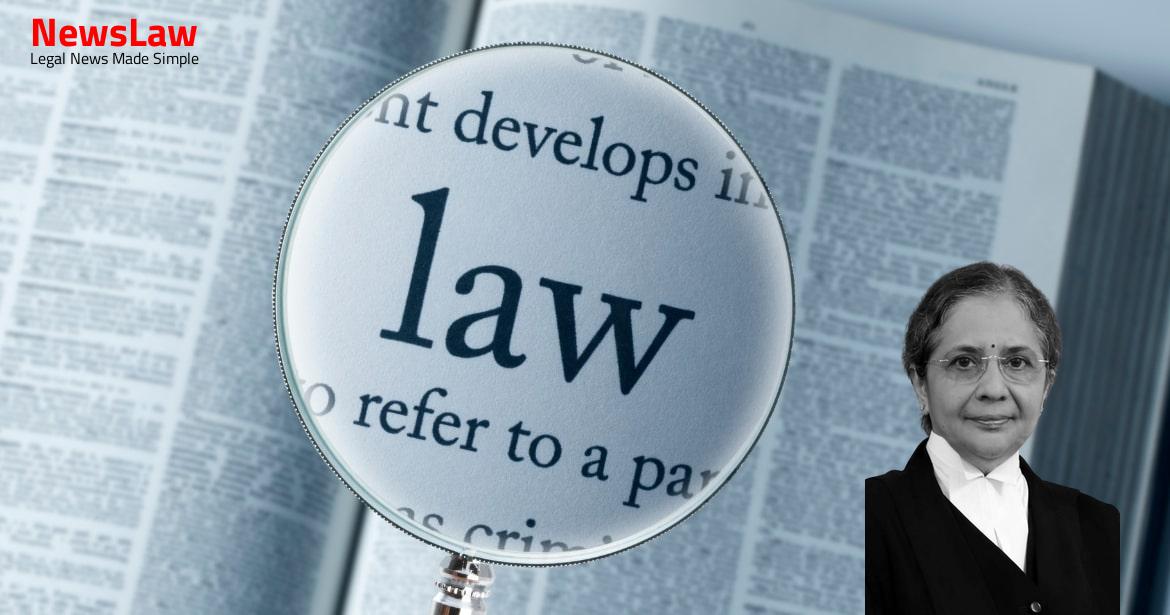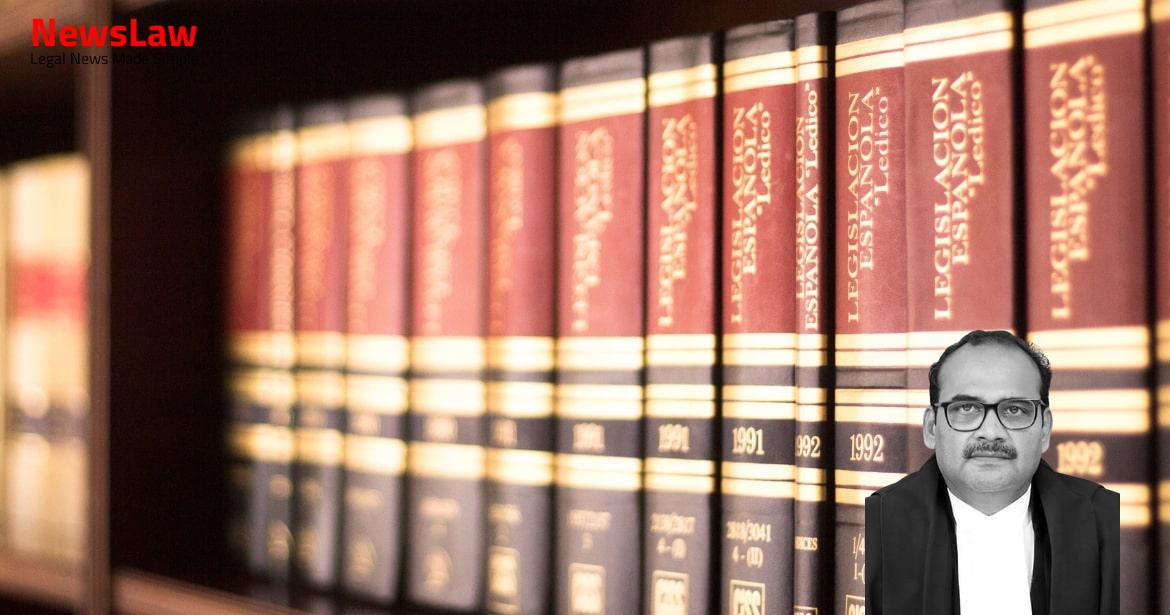The facts, giving rise to the present appeal, are thus:- 3.1 On 4 December 2016, the prosecutrix lodged a First Information Report (for short, “FIR”) before the Bharalumukh Police Station, District Kamrup (M), Guwahati, alleging therein that when she was fifteen years of age, the appellant herein committed rape on her and as a result of which she gave birth to a child, namely, Jasim Ahmed Garodia on 7 April 1983.
Also Read: https://newslaw.in/supreme-court/c-a-no-006503-006503-2022/
Mushtaq, learned counsel appearing for the appellant, submits that the present case is nothing else but 2 an abuse of process of law.
Janani, learned counsel appearing for the de facto complainant, vehemently opposed the present appeal.
It is submitted that since the de facto complainant stated in the FIR that she was a minor at the time of the commission of offence, even if it is said to be consensual, the offence under Section 376 IPC would be made out.
Also Read: https://newslaw.in/case-type/civil/c-a-no-005348-005349-2019/
Due to greed of property of Suresh Garodia, his son Jasim Ahmed Garodia with the aid of his mother Sabina Ahmed lodged this FIR after a period of 34 (thirty four) long years.
The final report states that only on account of greed for property of the appellant- 4 Suresh Garodia, the prosecutrix, in connivance with her son, has filed the FIR after a period of 34 years.
In the backdrop of the interpretation of the various relevant provisions of the Code under Chap- ter XIV and of the principles of law enunciated by this Court in a series of decisions relating to the ex- ercise of the extraordinary power under Article 226 or the inherent powers under Section 482 of the Code which we have extracted and reproduced above, we give the following categories of cases by way of illustration wherein such power could be ex- ercised either to prevent abuse of the process of any court or otherwise to secure the ends of justice, 5 though it may not be possible to lay down any pre- cise, clearly defined and sufficiently channelised and inflexible guidelines or rigid formulae and to give an exhaustive list of myriad kinds of cases wherein such power should be exercised.
(4) Where, the allegations in the FIR do not constitute a cognizable offence but constitute only a non-cognizable offence, no investigation is permitted by a police officer without an order of a Magistrate as contemplated under Section 155(2) of the Code. (6) Where there is an express legal bar engrafted in any of the provisions of the Code or the concerned Act (under which a criminal proceeding is instituted) to the institution and continuance of the pro- ceedings and/or where there is a specific provision in the Code or the concerned Act, providing efficacious redress for the grievance of the aggrieved party.
No explanation whatsoever is given in the FIR as to why the prosecutrix was keeping silent for a long period of 34 years. We find that the continuation of the proceedings would lead to nothing else but an abuse of process of law.
Case Title: SURESH GARODIA Vs. THE STATE OF ASSAM (2024 INSC 39)
Case Number: Crl.A. No.-000185-000185 / 2024



